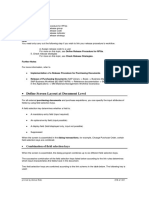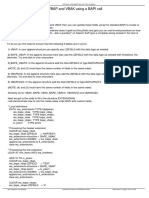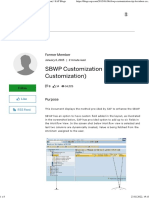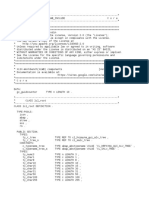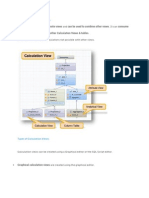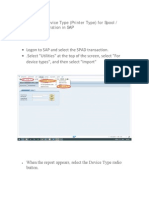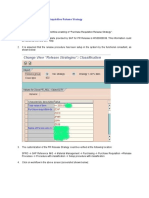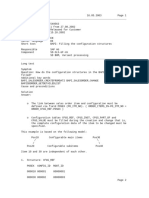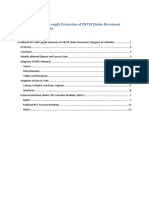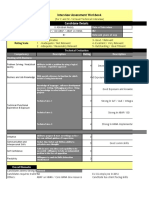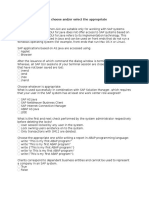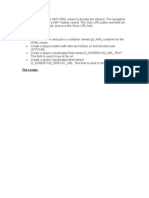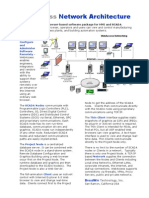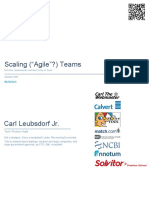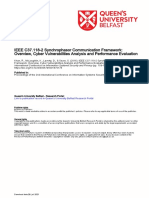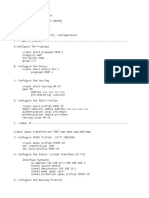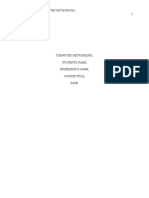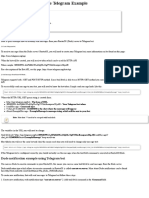0% found this document useful (0 votes)
470 views6 pagesGroovy
This document lists public methods available for different object types in Groovy Script, including Asset, HostAsset, ScannerAsset, and WebApp objects. For each object type, the method name, return type, parameters, and brief description are provided.
Uploaded by
rayCopyright
© © All Rights Reserved
We take content rights seriously. If you suspect this is your content, claim it here.
Available Formats
Download as PDF, TXT or read online on Scribd
0% found this document useful (0 votes)
470 views6 pagesGroovy
This document lists public methods available for different object types in Groovy Script, including Asset, HostAsset, ScannerAsset, and WebApp objects. For each object type, the method name, return type, parameters, and brief description are provided.
Uploaded by
rayCopyright
© © All Rights Reserved
We take content rights seriously. If you suspect this is your content, claim it here.
Available Formats
Download as PDF, TXT or read online on Scribd
/ 6

















